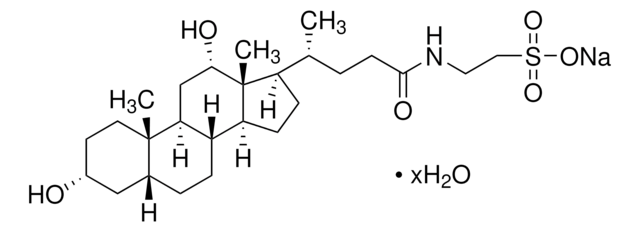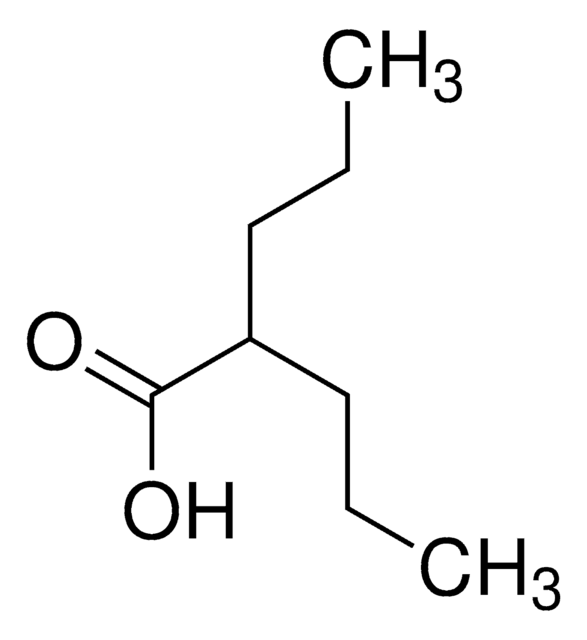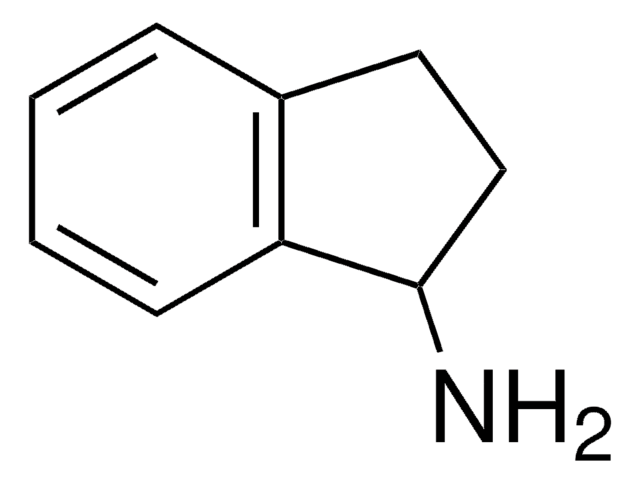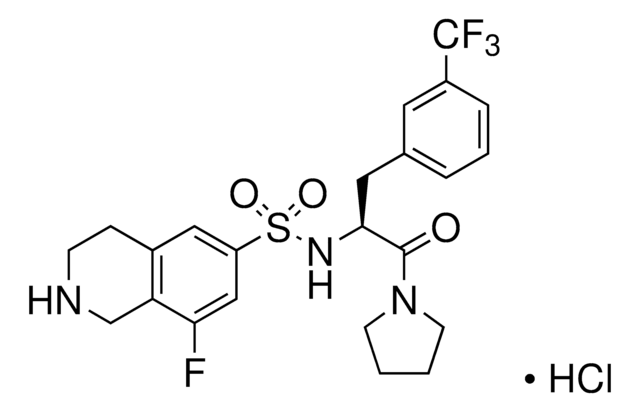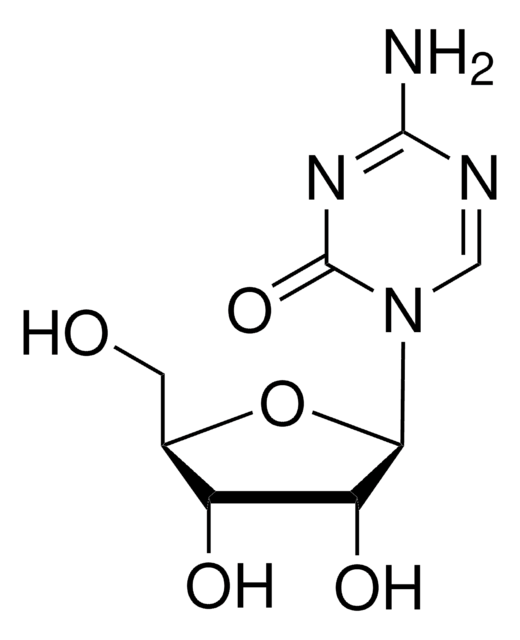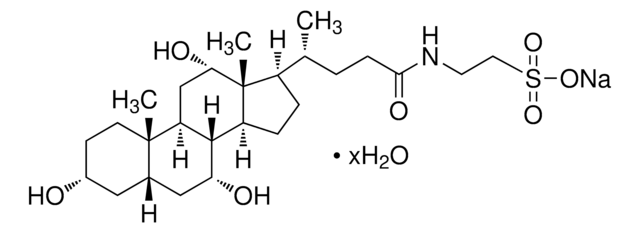PZ0178
PHA 767491 hydrochloride
≥98% (HPLC)
Synonym(s):
1,5,6,7-Tetrahydro-2-(4-pyridinyl)-4H-pyrrolo[3,2-c]pyridin-4-one hydrochloride, 2-Pyridin-4-yl-1,5,6,7-tetrahydro-pyrrolo[3,2-c]pyridin-4-one hydrochloride, PHA-00767491 hydrochloride
About This Item
Recommended Products
Quality Level
Assay
≥98% (HPLC)
form
powder
storage condition
desiccated
color
off-white to yellow
solubility
H2O: >25 mg/mL
SMILES string
Cl.O=C1NCCc2[nH]c(cc12)-c3ccncc3
InChI
1S/C12H11N3O.ClH/c16-12-9-7-11(8-1-4-13-5-2-8)15-10(9)3-6-14-12;/h1-2,4-5,7,15H,3,6H2,(H,14,16);1H
InChI key
IMVNFURYBZMFDZ-UHFFFAOYSA-N
Application
Biochem/physiol Actions
Storage Class Code
11 - Combustible Solids
WGK
WGK 3
Flash Point(F)
Not applicable
Flash Point(C)
Not applicable
Choose from one of the most recent versions:
Certificates of Analysis (COA)
Don't see the Right Version?
If you require a particular version, you can look up a specific certificate by the Lot or Batch number.
Already Own This Product?
Find documentation for the products that you have recently purchased in the Document Library.
Customers Also Viewed
Articles
CDKs
Our team of scientists has experience in all areas of research including Life Science, Material Science, Chemical Synthesis, Chromatography, Analytical and many others.
Contact Technical Service
